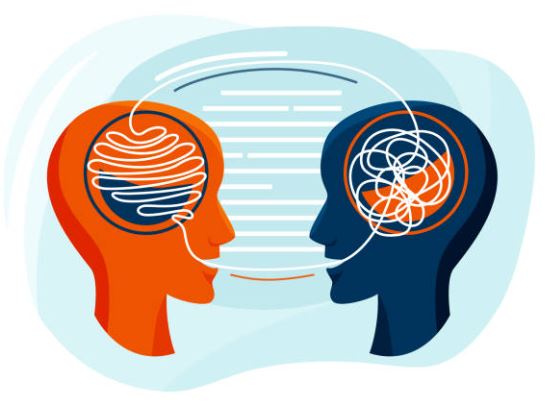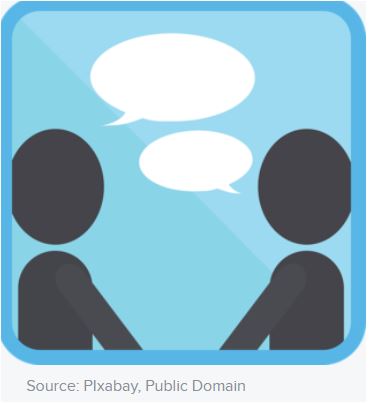Why Can’t You Let Yourself Be Happy?
This article explores the psychological mechanisms behind joy avoidance, examining how self-punishment patterns, unworthiness beliefs, and anxiety intersect to create resistance to positive experiences. Drawing from current psychological research and clinical observations, we analyze why individuals might unconsciously sabotage their capacity for joy and offer evidence-based strategies for developing a healthier relationship with positive emotions.










